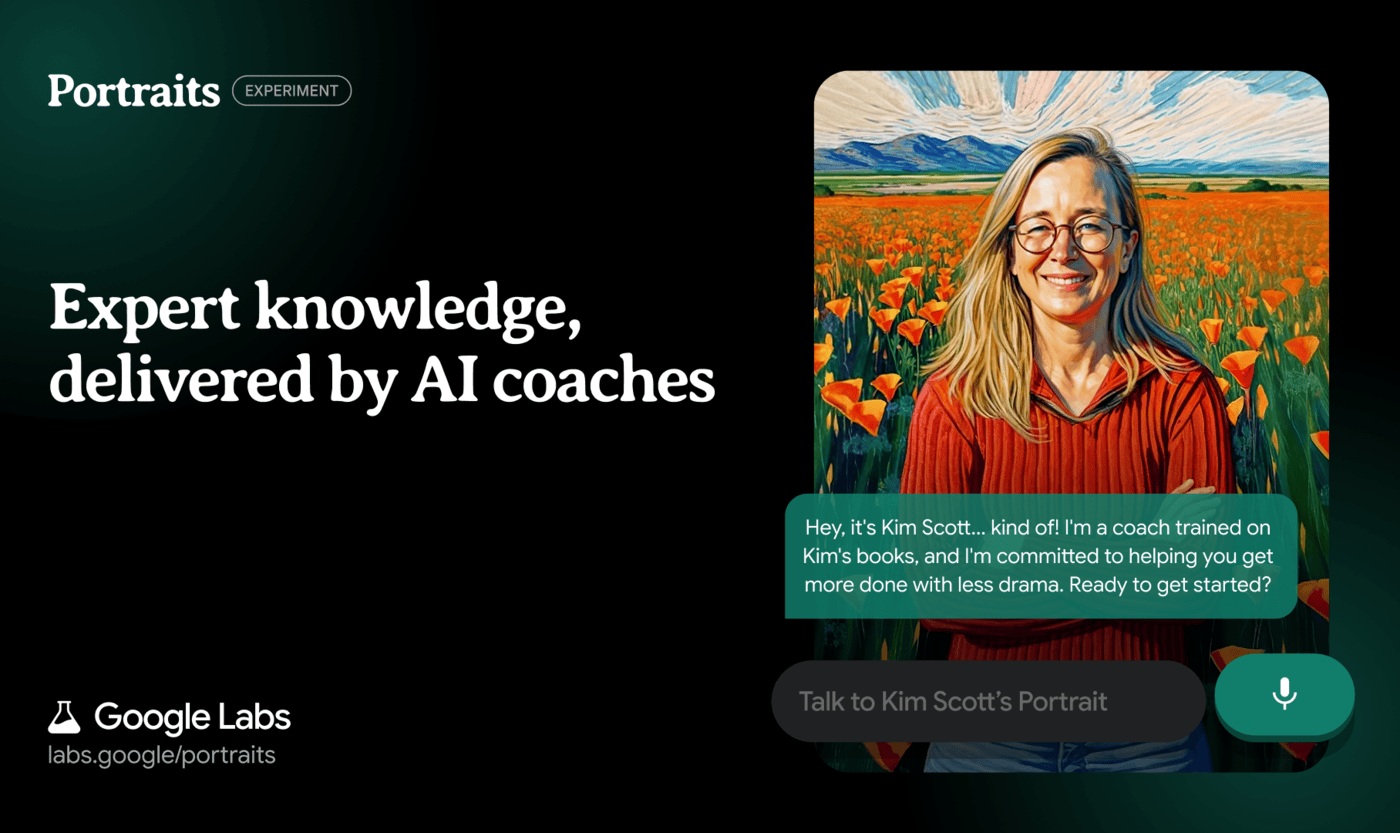Kim Scott & Dick Costolo Explore the Fallout of Poor Promotion Practices
Edited By Brandi Neal, Radical Candor podcast writer and producer, and director of content creation for Radical Candor. This article about how to...
6 min read
Radical Candor Nov 15, 2024 2:04:33 PM

Edited By Brandi Neal, Radical Candor podcast writer and producer, and director of content creation for Radical Candor. This article about how to care about someone you don't like at work has been adapted from a conversation between Kim Scott, Jason Rosoff, and Amy Sandler on the Radical Candor Podcast.
Some people are going to bug the crap out of you at work. Here's how you can — and why you should — care about them anyway.
It’s a truth few want to admit: sometimes, you just don’t like someone you work with. Maybe it’s the colleague who constantly interrupts, the boss whose chaos disrupts your calm, or the direct report whose personality feels like nails on a chalkboard.
The idea of showing genuine care for that person in order to successfully practice the principles of Radical Candor feels impossible.
But what if it is possible to care personally and challenge directly and give feedback that's kind, clear, specific, and sincere no matter your personal feelings?

Need help with feedback? Let's talk!
Kim Scott, co-founder of Radical Candor and author of the bestselling book of the same name, gets it. “There will be people who work for you who bug the living shit out of you,” she said during a recent conversation with her Radical Candor co-founder Jason Rosoff and Principal Coach Amy Sandler. And yet, Scott insists, “You can still treat them with respect.”
Respect, in Scott’s framework, is foundational. It’s about “unconditional regard for the other person’s humanity,” she explained, an acknowledgment that we’re all flawed but deserving of common human decency decency.
“Even if someone really bugs you, you can still have regard for their humanity.”
But how? And why does it matter whether or not you care about someone you don't like at work? The answer lies in navigating the tricky, often messy gap between annoyance and understanding.
“Caring personally isn’t about being BFFs with everyone you work with,” she said. “It’s about showing a genuine interest in their well-being and success.”
Rosoff echoed this, noting how important it is for leaders to rise above personal preferences.
“You don’t have to love everyone,” he said, “but if you’re a leader, your role is to create an environment where everyone can thrive, even if personal chemistry isn’t there.”
“I got to the point where I was trying to work around this person entirely,” Rosoff admitted. “I saw them as an antagonist. It was giving me actual physical stress — I had reflux from it.”
The turnaround came only after Rosoff decided he couldn’t keep going that way. In a vulnerable moment, he opened up to his colleague.
“I said, ‘I’ve been extraordinarily frustrated in our relationship, and I don’t feel like I’ve done a good job of addressing it. I want us to find a way to work well together.’”
The result? The relationship didn’t just improve; it flourished. They found balance and mutual respect, recognizing that their differences — once a source of friction — could actually complement each other.
“We started to see a little yin and yang,” Rosoff reflected.
Perhaps their communication style clashes with yours, or their priorities differ. Recognizing these differences can help you approach the relationship with more empathy and understanding
“It’s human to make up little short stories about people,” Scott said. “As soon as I realize I’m making up a short story, I stop. I don’t want to write a novel about this person — I want to get to know the real person.”
This tendency to fill in the blanks, often inaccurately, can spiral into resentment. Scott shared an anecdote about an employee who didn’t wear deodorant, which led her to create a whole narrative about the person being inconsiderate. Finally, she chose to address the issue directly.
“It was uncomfortable, but after we talked, they did start using deodorant,” Scott recounted. “And it made everything easier for both of us.”
“We tend to ascribe our own psychological, mental, and emotional framework to other people,” she noted.
Scott recalled how curiosity helped her connect with a boss who was baffled by her disorganization. “I leave power cords everywhere; I forget to charge my phone,” she admitted.
On a shared work trip, her boss lost her own charger and, in her frustration, turned to Scott and said, “This must be how you feel all the time.”
“It could’ve come off as rude,” Scott reflected. “But it was actually a human moment. She was curious about what it’s like to be me, and it brought us closer.”
1. Respect Their Humanity: Caring personally starts with respect, which Kim Scott defines as “unconditional regard for another person’s humanity.” Even if someone’s behavior irritates you, or you don’t connect with them, it’s essential to see them as a whole person with their own experiences, struggles, and perspectives. This baseline respect allows you to separate personal dislike from professional regard, ensuring the relationship remains productive and human.
2. Practice Curiosity, Not Assumption: One of the biggest barriers to caring personally is the stories we make up about others. Instead of filling in the blanks with assumptions, choose curiosity. Ask thoughtful questions to understand the person’s perspective and motivations. As Amy Sandler points out, “We tend to ascribe our own emotional and psychological frameworks to others.” Replacing judgment with genuine curiosity can dissolve tension and foster connection.
3. Engage in Honest Conversations: Avoidance or silent resentment can lead to a breakdown in relationships. Instead, embrace open communication. As Jason Rosoff demonstrates, candidly addressing frustrations while expressing a desire to improve the relationship can be transformative. Saying something like, “I’ve been frustrated, and I want to work better together,” shows both vulnerability and a commitment to collaboration. This approach not only resolves conflicts but can also pave the way for mutual respect and even partnership.
Ultimately, the essence of caring personally — even for someone you don’t like — is about building bridges instead of walls. It’s about seeing people as whole, complicated humans, not caricatures. It’s about starting the hard conversations that dissolve the tension and lead to mutual understanding.
For leaders, it’s also about keeping the bigger picture in mind. Scott summed it up best: “You don’t have to love or even like everyone on your team. But you do have to care enough to help them grow and succeed. That’s what leadership is all about.”
“There’s no way out but through,” Rosoff added. “And someone’s got to start. It might as well be you.”
If you understand the importance of receiving feedback in the workplace, then you need The Feedback Loop (think Groundhog Day meets The Office), a 5-episode workplace comedy series starring David Alan Grier that brings to life Radical Candor’s simple framework for navigating candid conversations.
We’re offering Radical Candor readers 10% off the self-paced e-course. Follow this link and enter the promo code FEEDBACK at checkout.

Edited By Brandi Neal, Radical Candor podcast writer and producer, and director of content creation for Radical Candor. This article about how to...

Shortly after she published Radical Candor, Kim Scott realized that biased feedback and protective hesitation make giving and receiving guidance more...

Kim Scott is the author of Radical Candor: Be a Kick-Ass Boss Without Losing Your Humanity and Radical Respect: How to Work Together Better and...